Serena Williams Went To Therapy To Cope With Tennis Controversy, Says She Apologized To Naomi Osaka
Serena Williams Went To Therapy To Cope With Tennis Controversy, Says She Apologized To Naomi Osaka
Queen Serena is opening up in what may be her most raw, uncut interview yet. Tennis legend Serena Williams posed for the cover without retouching, and penned an open essay for the August 2019 issue of Harper’s Bazaar. In it, she explains what motivates her after a two-decades long career as a professional athlete, sexism, and what really happened at the 2018 U.S. Open games.
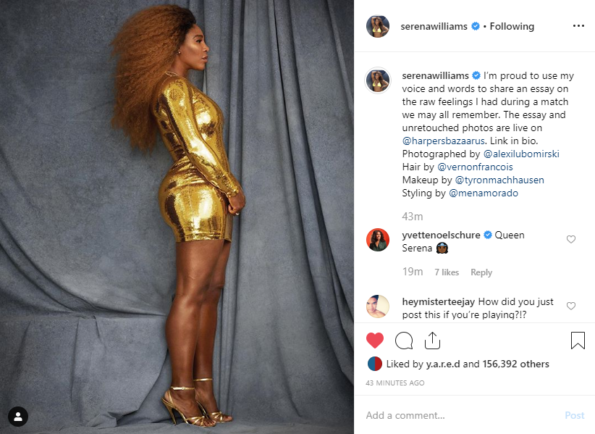
On what keeps Serena Williams on the court after the many hardships she’s faced in her 20 year career:
“I have been asked what keeps me motivated to continue playing tennis. To me, the answer is simple: I love the sport. When I’m giving speeches I always say how important it is to love what you do. If you don’t, then find something that speaks to you. Follow your passion.”
What really happened at the controversial U.S. Open games, where her game was forfeited after being accused of being coached.
“…September 2018. It’s the final of the US Open, and I’m competing to win my 24th Grand Slam against Naomi Osaka. It’s the beginning of the second set, and the umpire thinks he spots my coach signaling me from the stands. He issues a violation—a warning. I approach him and emphatically state the truth: that I wasn’t looking at my coach. ‘I don’t cheat to win. I’d rather lose,’ I said. I walk back to the court and lose the next point. I smash my racket in frustration; he issues another violation and gives a point to my opponent. I feel passionately compelled to stand up for myself. I call him a thief; I again demand an apology. I tell him he is penalizing me for being a woman. He responds by issuing a third violation and takes a game from me. In the end, my opponent simply played better than me that day and ended up winning her first Grand Slam title. I could not have been happier for her.”
Serena Williams admits that she struggled so much with the backlash she received from her 2018 U.S. Open controversy, that she saw a therapist. She also details how she apologized to Naomi Osaka:
“I still couldn’t find peace. I started seeing a therapist. I was searching for answers, and although I felt like I was making progress, I still wasn’t ready to pick up a racket. Finally I realized that there was only one way for me to move forward. It was time for me to apologize to the person who deserved it the most. I started to type, slowly at first, then faster as if the words were flowing out of me. ‘Hey, Naomi! It’s Serena Williams. As I said on the court,I am so proud of you and I am truly sorry. I thought I was doing the right thing in sticking up for myself. But I had no idea the media would pit us against each other. I would love the chance to live that moment over again. I am, was, and will always be happy for you and supportive of you. I would never, ever want the light to shine away from another female, specifically another black female athlete. I can’t wait for your future, and believe me I will always be watching as a big fan! I wish you only success today and in the future. Once again, I am so proud of you. All my love and your fan, Serena.'”
She revealed Naomi’s validating response to her apology:
“When Naomi’s response came through, tears rolled down my face. ‘People can misunderstand anger for strength because they can’t differentiate between the two,’ she said graciously. ‘No one has stood up for themselves the way you have and you need to continue trailblazing.'”
Serena comments on the unfair criticism she’s received since her professional debut, and why she’ll continue to speak up for herself:
“I’ll admit, it was a long while before I picked up a racket again. There is only so much one person can take. As a teenager, I was booed by an entire stadium (I took the high road and even thanked those who didn’t want to see me win). I’ve been called every name in the book. I’ve been shamed because of my body shape. I’ve been paid unequally because of my sex. I’ve been penalized a game in the final of a major because I expressed my opinion or grunted too loudly. I’ve been blatantly cheated against to the point where the Hawk-Eye rules were introduced so that something like that would not happen again. And these are only the things that are seen by the public. In short, it’s never been easy. But then I think of the next girl who is going to come along who looks like me, and I hope, ‘Maybe, just maybe, my voice will help her.'”
https://youtu.be/whpJ19RJ4JY
She continued:
“Ultimately, my daughter is the reason I use my voice, the reason I picked up a racket again. Love breathes life and newfound perspective into people. It’s not about quitting when someone presents a challenge; it’s about getting up when you are down, dusting yourself off and asking, ‘Is that the best you got?’ Because I have God with me, and I can take whatever comes my way…Ever since I was a little girl, I’ve felt a need to voice my opinion and be heard. Some may not like it, and to be honest, that’s their prerogative. I respect it. Growing up as the youngest of five girls, I learned that I had to fight for everything I wanted. And I won’t ever stop raising my voice against injustice.”
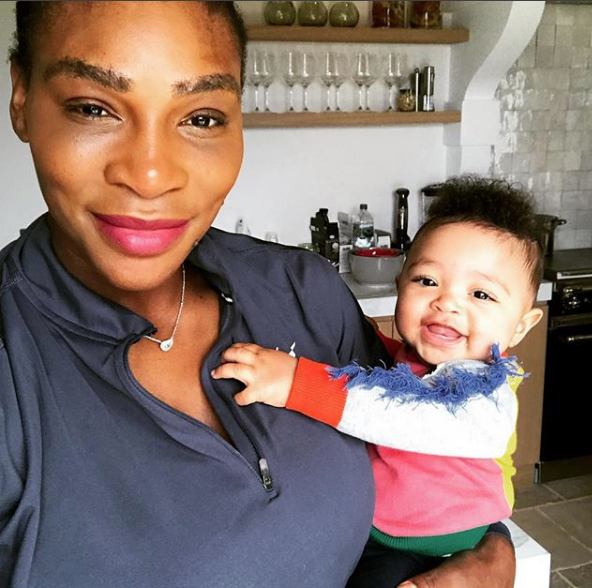
Serena Williams & daughter
Serena says that self-confidence as a teenager gave her the will to win to several titles:
“At 17, I won my first Grand Slam, and I knew I had more in me. In fact, I was so sure that when I packed up my life and left my dad’s house to move in with my sister Venus, I told him he could keep my US Open trophy. Don’t worry, I assured him. I would get another one for my house. Now that was confidence. I went on to win the US Open not one or two but six times…Since that fateful victory in 1999, I’ve won 23 Grand Slam singles titles, 39 Grand Slam titles in all, and countless gold medals.”
Written by Miata Shanay


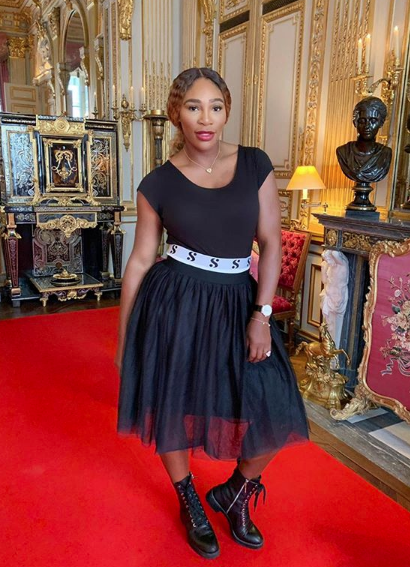
 Previous Article
Previous Article Next Article
Next Article![Scottie Pippen’s Oldest Child Passes Away: I’m Heartbroken [CONDOLENCES]](https://thejasminebrand.com/wp-content/uploads/2021/04/Scottie-Pippen-son-Antron-thejasminebrand-469x600.png) Scottie Pippen’s Oldest Child Passes Away: I’m Heartbroken [CONDOLENCES]
Scottie Pippen’s Oldest Child Passes Away: I’m Heartbroken [CONDOLENCES] 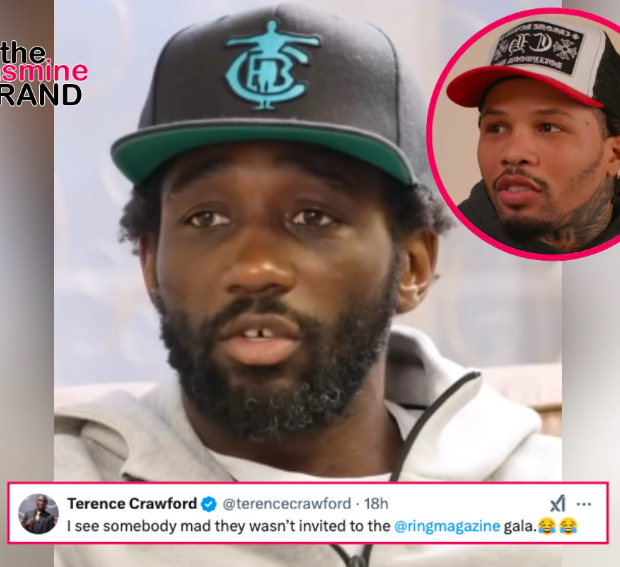 Terence Crawford Seemingly Shades Fellow Boxer Gervonta Davis Amid Ring Magazine Gala Snub
Terence Crawford Seemingly Shades Fellow Boxer Gervonta Davis Amid Ring Magazine Gala Snub 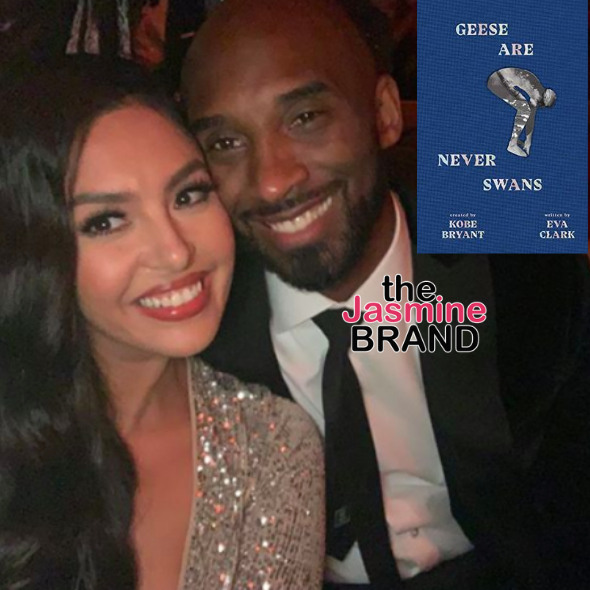 Vanessa Bryant Releases Kobe Bryant’s Young Adult Book ‘Geese Are Never Swans’: This Book Helped Me Deal W/ Grief
Vanessa Bryant Releases Kobe Bryant’s Young Adult Book ‘Geese Are Never Swans’: This Book Helped Me Deal W/ Grief 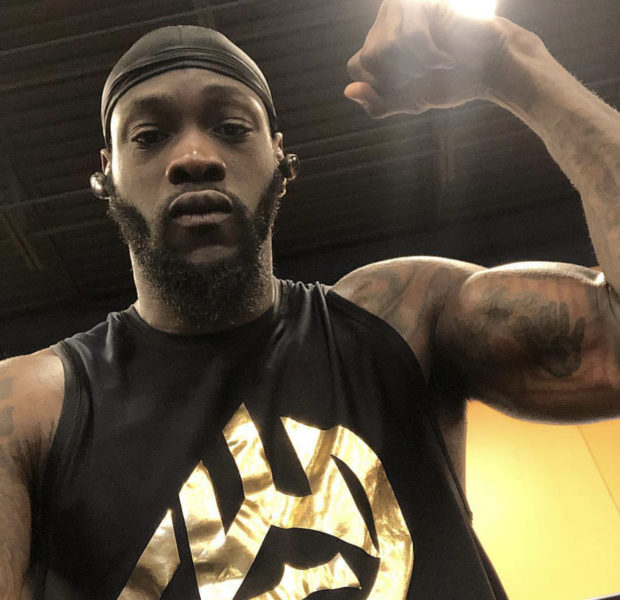 Deontay Wilder Speaks Out After Being Arrested On Felony Concealed Weapon Charge
Deontay Wilder Speaks Out After Being Arrested On Felony Concealed Weapon Charge 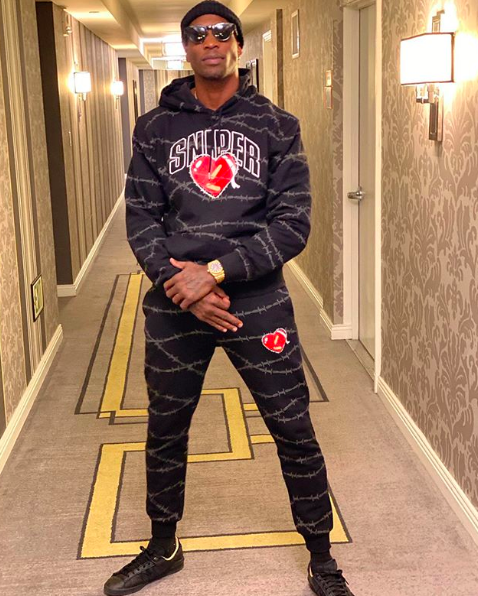 Chad ‘Ochocinco’ Johnson Leaves Waitress $1,000 Tip
Chad ‘Ochocinco’ Johnson Leaves Waitress $1,000 Tip 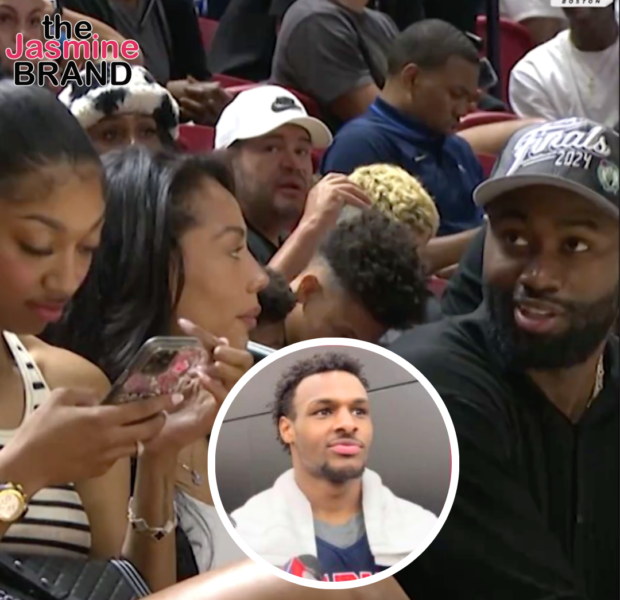 NBA Star Jaylen Brown Praises Bronny James After Being Caught On Camera Allegedly Saying Rookie Isn’t A Pro
NBA Star Jaylen Brown Praises Bronny James After Being Caught On Camera Allegedly Saying Rookie Isn’t A Pro 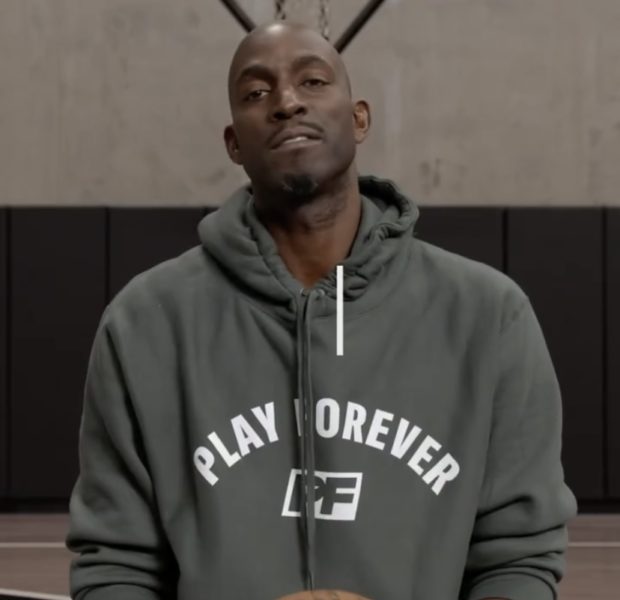 Kevin Garnett’s Alleged Baby Mother Files For Child Support For 2-Year-Old Daughter
Kevin Garnett’s Alleged Baby Mother Files For Child Support For 2-Year-Old Daughter  Shedeur Sanders Fan Sues NFL For $100 Million, Claims Draft Drama Caused ‘Emotional Distress’
Shedeur Sanders Fan Sues NFL For $100 Million, Claims Draft Drama Caused ‘Emotional Distress’